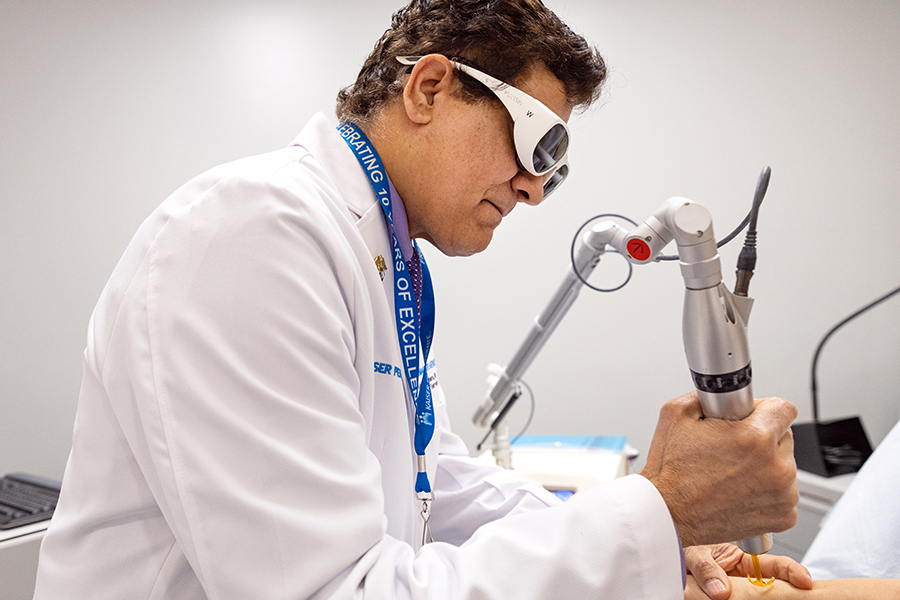May 20, 2020
Widespread fear surrounding the outbreak of a deadly infection coupled with economic uncertainty and isolation is the perfect storm for increased anxiety and depression.
“For many, life has become much more stressful,” said Sabrina Chaumette, a licensed clinical social worker at the Kaiser Permanente Oakland Medical Center. “This crisis has mentally affected everyone in some way or another.”
A recent survey from the American Psychiatric Association reports that 36% of respondents said the pandemic is having a serious effect on their mental health and 59% said it’s having a serious impact on their daily lives.
Influx of Patients
Since mid-March, Kaiser Permanente Northern California has successfully transferred nearly 98% of its non-urgent outpatient mental health services, including adult, adolescent, and addiction medicine, to telehealth (phone or video).
“We are caring for 1,000 more members every week than before the pandemic,” said Maria Koshy, MD, associate chair of Regional Mental Health Operations and Access. “The cancellation and no-show rates for telehealth appointments are lower because of the convenience.”
As with past disasters, Dr. Koshy explained, there is still a significant amount of people who don’t seek mental health support for many reasons. Recognizing this, the region created a robust outreach plan that encourages members to get help.
“Members have received multiple emails and phone calls reminding them that our services are available,” Dr. Koshy said. “We are also developing a targeted outreach towards COVID-19-positive patients, those recovering from the disease, and members who have formerly been diagnosed with a mental illness.”
Personalized Care
Chaumette is one of the many therapists delivering care over the phone and virtually to her patients every day. She said they are experiencing loneliness, negative thinking, and stress-related ailments, such as headaches and trouble sleeping.
A large component of her care is administering group therapy. Across the region, more than 400 group therapy classes have moved online using WebEx.
“When talking to each other they realize they aren’t alone in how they feel,” Chaumette said.
During her one-on-ones, Chaumette personalizes her care. If her patients like music, Chaumette sends a list of online concerts, or for others, websites offering virtual museum tours, or childcare services for moms.
“They feel supported and are very grateful for that,” she said.
Online Resources
Kaiser Permanente has rolled out online tools specifically designed to help members navigate the many changes in their lives. Debuted in April, the MyStrength app delivers personalized support based on cognitive behavioral therapy. It offers educational materials, tools for coping with anxiety, goal setting, and journaling activities.
Members have free access to the popular Calm digital tool, dedicated to meditation and sleep. It can be accessed by phone or computer and must be downloaded here. Educational webinar series also pivoted online to service mild to moderate mental health needs.
Wellness coaching connects members via phone with a provider to help with weight management, smoking cessation, and emotional wellbeing.
What’s Next
When shelter-in-place orders lift, people will be stepping into a new world. These services, Chaumette said, are equipping patients with the skills needed to make a healthy transition.
“Transitioning out of COVID-19 would have been more difficult if not for Kaiser Permanente’s support and services,” she said. “Our members are stronger because of it.”
As part of the organization’s strategy to suppress COVID-19, telehealth will continue to be the primary way members receive mental health care. Recently, virtual visits have been shown to have higher satisfaction ratings among members, a data point likely to influence the way therapists deliver care in the future.
Most importantly, Chaumette said, “Don’t be afraid to ask for help. Don’t wait to get support for your symptoms.”
This article originally appeared in Inside KP






